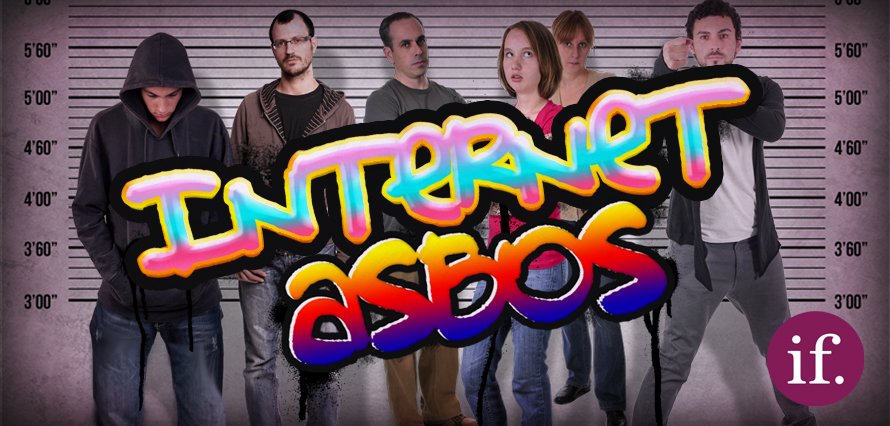February 10, 2015
People who spread racial hatred on social media could soon be issued with ‘Internet ASBOs’ under new proposals from a group of UK MPs.
The proposals seek to ban users who persistently spread racial hatred online by extending existing legislation that prevents convicted sex offenders accessing the Internet, possessing any device without the capability of storing Internet history and from deleting that history.
The All-Party Parliamentary Inquiry into Anti-Semitism report comes from a rise in anti-Semitic sentiment and content on social media during the summer of 2014, following an escalation in hostilities between Palestine and Israel.
The report reads: “If it can be proven in a detailed way that someone has made a considered and determined view to exploit various online networks to harm and perpetrate hate crimes against others then the accepted principles, rules and restrictions that are relevant to sex offences must surely apply.”
The committee said social media sites were increasingly being used to spread racial hatred online, noting that “Hitler” and “Holocaust” were among the top 35 keywords used on Twitter in the summer of 2014.
There is clearly an issue with policing, and therefore enforcement, of the ASBOs, both for law enforcement agencies and the owners of the websites in question.
“Given the scale of social media content produced on a daily, let alone minute-by-minute basis, we have some albeit limited sympathy for the companies that are responsible for hosting it,” the report states.
“Whilst there is rightly an expectation on those companies to act, as there is on government, police and prosecuting authorities, so too civil society has a crucial role to play.”
We have written about the laws surrounding social media before – in fact, we have published a report on social media law, which you can download here. Laws passed last year mean Internet trolls could face up to two years in jail, and the ‘Internet ASBO’ will be another tool in the police’s arsenal for fighting abusive content online.
This new legislation, if it ever comes into effect, should be a deterrent for those out to offend or abuse individuals, brands or anyone with opposing beliefs to their own. Whether or not it can be policed effectively remains to be seen.
